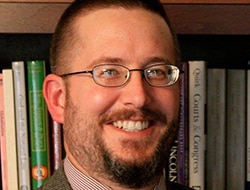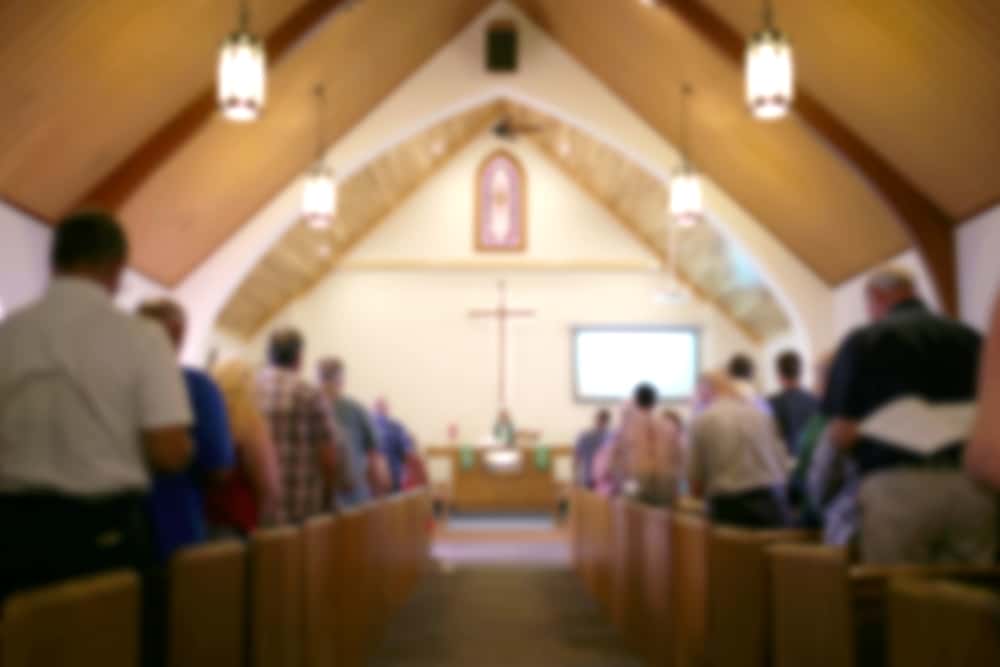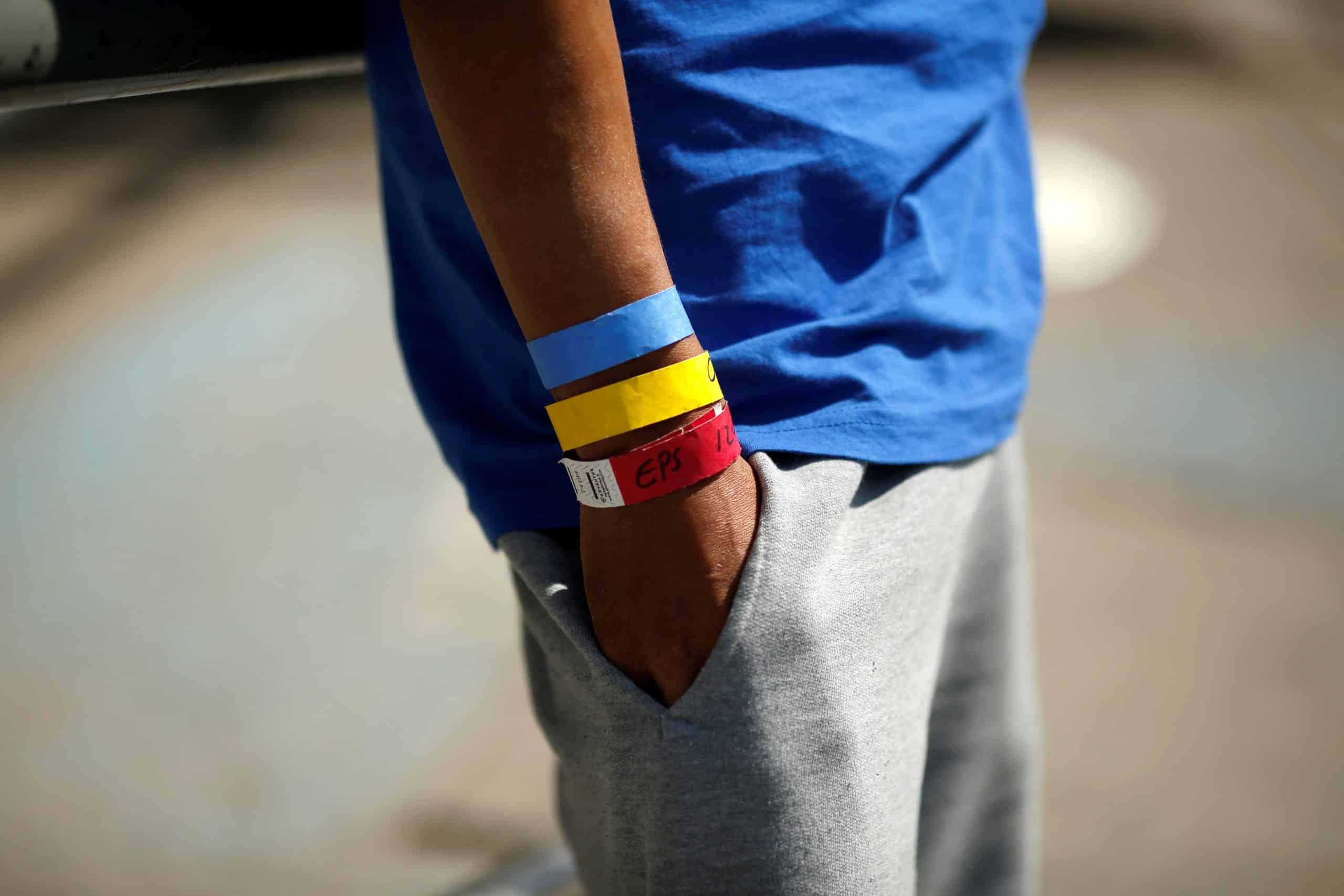
One of the great geniuses of the Catholic faith — and one of the proofs that it is true — is how it builds on human nature rather than fighting against it. Yes, we wrestle with our fallen nature, but even there the Sacrament of Reconciliation doesn’t consist in a priest whipping and scourging us for our sins, but encouraging us to acknowledge them, confess them and accept God’s mercy when the priest, acting in persona Christi, grants us God’s forgiveness. Accepting that “all have sinned and are deprived of the glory of God” (Rom 3:23) is the first step toward accepting the graces Christ offers us to overcome our sinfulness and walk the way toward sanctity.
Rather than our fallen nature, though, I had in mind the way that God made us before we messed it all up. “It is not good for the man to be alone. I will make a helper suited to him” (Gn 2:18). We were social creatures from that first day in the Garden, and we remained so at heart even after sin and deception and murder stained our souls.
This central fact of our existence is reflected in the Church’s theology. Neither pagan religions nor Judaism and Islam see the body of believers as the body of their God. “For where two or three are gathered together in my name, there am I in the midst of them” (Mt 18:20), and we in the midst of him. “For all of you who were baptized into Christ have clothed yourselves with Christ” (Gal 3:27).
“Baptized into Christ” — and therefore in a deeper relationship with both him and our fellow believers. And that relationship with our fellow believers is essential to what it means to be a Christian.
The Church obliges us to engage in communal worship — the Mass in the West, the Divine Liturgy in the East — not just because worship of God is essential. We could, after all, each engage in worship on our own. But the Church recognizes that we need to come together, in part because the need for contact with others is so central to our human nature.
None of the sacraments can be bestowed remotely. Even marriage, which it is possible to celebrate (under certain circumstances) when the spouses are physically separated, requires the use of proxies. Why can’t the Sacrament of Reconciliation be performed over the phone? Because physical proximity means something, fills a deep-seated need.
Not surprisingly, then, the hardest part of the stay-at-home orders that we’ve all been subject to is the physical separation from our fellow men and women. And the sadness we feel in not being able to participate in communal worship is not just because we’re missing the Eucharist (though that’s certainly the case), but because we’re also missing one another, and Christ through one another.
Livestreamed Masses aren’t ideal, but they do give us hope that one day we may worship together again — face to face with Christ in the Blessed Sacrament, and with our fellow believers in the Body of Christ.
Scott P. Richert is publisher for OSV.





